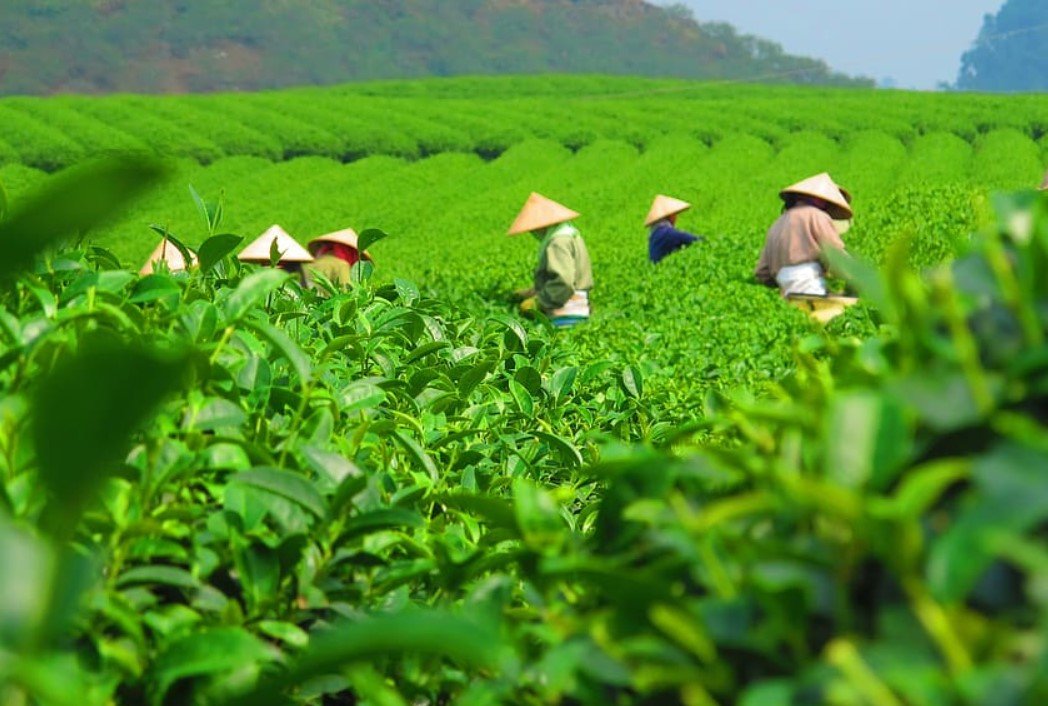Hippo Harvest, a controlled environment agriculture (CEA) startup based in San Francisco, has raised $21 million in a Series B funding round. The company plans to use the funds to scale up its greenhouse operations and to diversify its product offerings into new categories of leafy greens.
Hippo Harvest Uses Robots and AI to Grow Fresh Produce
Hippo Harvest is a CEA company that uses robots, artificial intelligence, and repurposed greenhouses to grow fresh produce. The company claims that its technology enables it to grow crops closer to consumers, using fewer resources such as water, fertilizer, and energy. The company also says that its produce is more nutritious, flavorful, and consistent than conventional produce.

The company was founded in 2019 by Eitan Marder-Eppstein, a former engineer at Tesla and Apple, and David Cohen, a former executive at Amazon and Uber. The company’s name is inspired by the hippopotamus, which is one of the most efficient animals in terms of converting food into energy.
The company’s flagship product is the Hippo salad mix, which consists of baby kale, baby spinach, baby arugula, and baby chard. The company also grows other varieties of leafy greens, such as romaine, butterhead, and iceberg lettuce. The company sells its products through Amazon Fresh and local grocery chains in the San Francisco Bay Area.
Hippo Harvest Raises $21M in Series B Funding Round
Hippo Harvest announced on February 15 that it had closed its Series B funding round with $21 million of commitments. The round was led by Standard Investments, a venture capital firm that focuses on disruptive industries. Other investors that participated in the round include Congruent Ventures, Amazon’s Climate Pledge Fund, Hawthorne Food Ventures, and Energy Impact Partners.
The company said that the funding will help it scale its production and reach more consumers with high-quality, sustainable produce. The company also said that it will use the funds to expand its product offerings into new categories of leafy greens, such as baby bok choy, baby mustard greens, and baby beet greens.
Hippo Harvest’s CEO Eitan Marder-Eppstein said in a statement: “We’re excited by the opportunity to scale our production and reach more consumers with high-quality, sustainable produce. Our team’s work over the past 12 months demonstrates our ability to create modular, cost-effective growing systems that can be deployed across the country.”
Logan Ashcraft, principal at Standard Investments, who joins the company’s board of directors, said in a statement: “Since inception, Hippo has delivered superior produce while maintaining cost efficiencies. Standard invests in companies disrupting traditional industry and we are thrilled to partner with Hippo on its journey to scale.”
Hippo Harvest Faces Competition and Challenges in the CEA Market
Hippo Harvest is not the only CEA company that is trying to revolutionize the way food is grown and consumed. The CEA market has attracted about $3 billion worth of investment from 2012 to 2022, according to Crunchbase. Some of the notable players in the market include Plenty, Bowery Farming, AeroFarms, Infarm, and BrightFarms.
However, the CEA market is also facing several challenges and uncertainties, such as high capital and operational costs, regulatory barriers, consumer acceptance, and market saturation. Some of the CEA companies have experienced financial difficulties, layoffs, and bankruptcies in the past year, due to the COVID-19 pandemic, the global chip shortage, and the competitive pressure from Tesla and other rivals.
Hippo Harvest believes that it has a competitive edge over its peers, thanks to its innovative use of robots and AI, its modular and scalable greenhouse design, and its focus on customer satisfaction and feedback. The company also believes that it has a strong social and environmental mission, as it aims to reduce food waste, water consumption, and carbon emissions, and to improve food security and health.
